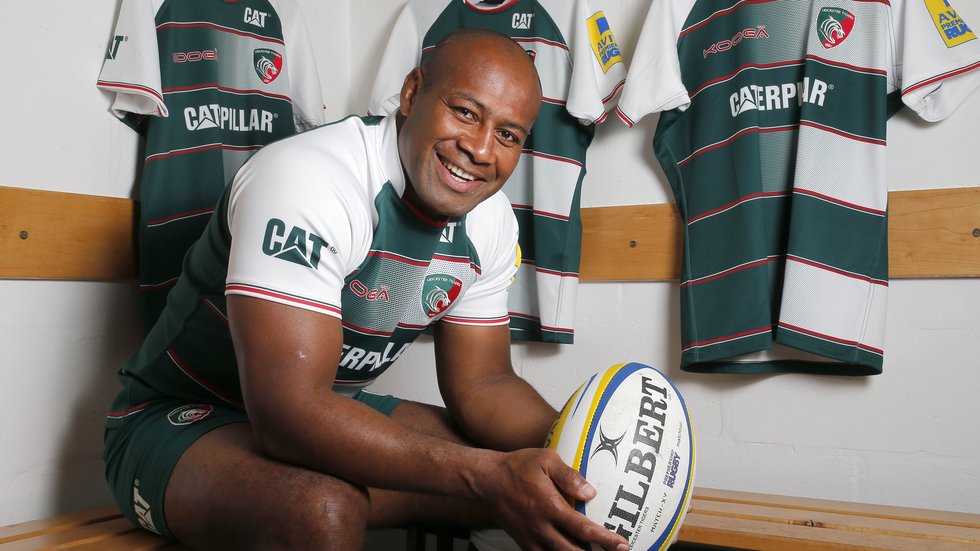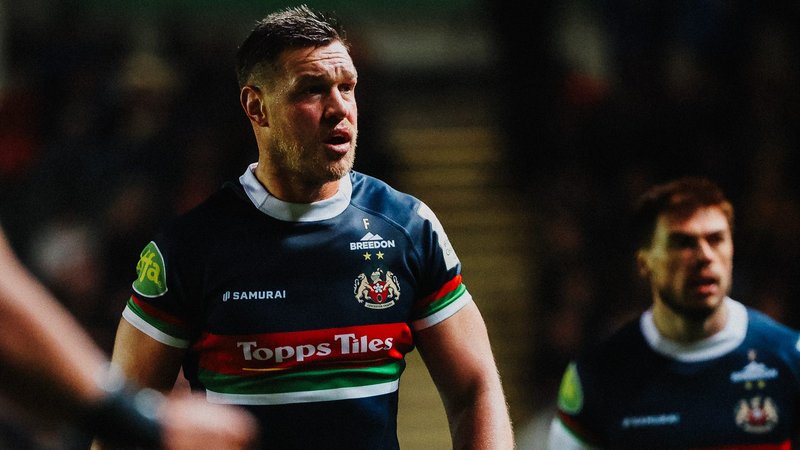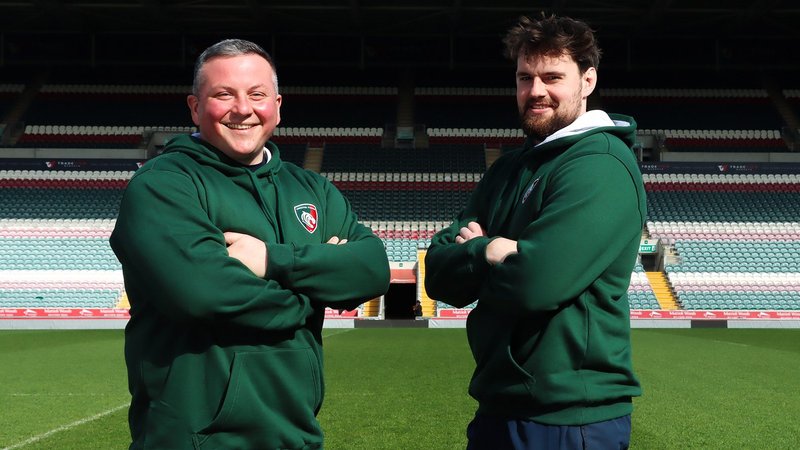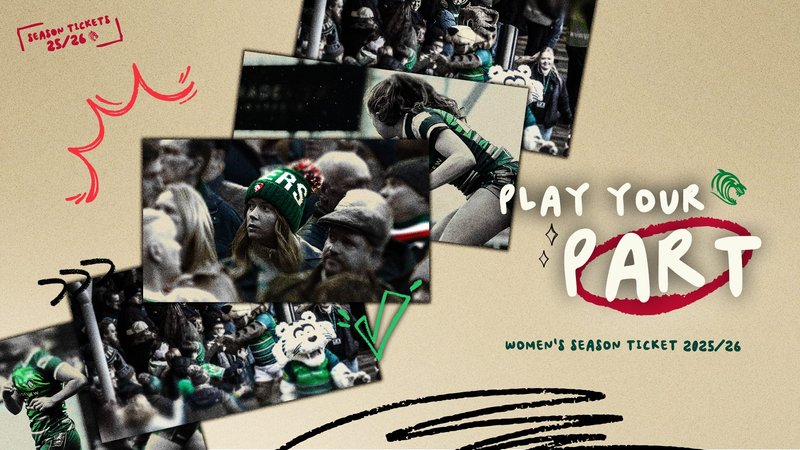Fijian rugby legend Seremaia Bai is returning home this summer with the aim of inspiring another generation of islanders after 16 years in professional rugby overseas.
The 37-year-old Bai has been capped 50 times by Fiji and eight times with the Pacific Islands in a career which has included spells with clubs in seven countries. He is retiring from professional rugby this summer at the end of two seasons with Leicester Tigers.
Bai made 27 appearances for Tigers and has also played club rugby in Fiji, Australia, New Zealand, Japan, France and Wales.
Now he is aiming to use that experience to help others in his home country.
The Fijian favourite is putting his energies into his BAI (Be An Inspiration) programme which includes a rugby academy and increasing opportunities to play rugby in Fiji as well as becoming involved in community projects there.
“I have enjoyed 16 years in professional rugby across the world, but now I am going back home to Fiji and it is time to help other people,” said Bai.
“This project is a part of my life. When I was young, I always wished that a Fiji player or someone who had played rugby professionally overseas could come to my village to talk about it, to tell us about how they trained, how they got to wear the Fiji jersey or how they got to play the game as a professional. But none of them came.
“I wanted to do that for the people in the villages like me – I know exactly how much it means because I came from those humble beginnings.”
Bai has been among the pioneers for Fijian rugby and has always retained close links with his community during his globetrotting days as a professional.
“Since the first time I went away with Fiji, in 1999, I have always collected pieces of kit to take back home and it started from then,” he says.
“Every year I try to take some things back with me for the players in the villages. Sometimes my wife will get angry because we have so many things to take for our children and our family but I still need to take some more bags for the kit I have collected!
“Every off-season I have visited my village and the schools. I have also managed to put some kids through school.
“I've been able to do it because I have earned money from rugby. Now I will not have that rugby income, but I say you should never stop talking about your dreams and I have a partnership with a company to run a rugby academy. I also still want to do more work with my foundation.
“It is not just playing rugby because there are social issues to support in Fiji too.
"A lot of people use rugby to become famous or get some money, but I have always seen my rugby as a way of becoming a better person and I want to use it to help others.”
Market Harborough RUFC mini/junior section, where three of Bai’s children have played since he moved to Leicester, have already been inspired to donate some of their kit to help young players in Fiji.
Mini/junior section chairman Mike Fletcher said: “We recognise how fortunate our players are compared to the villagers of Fiji so we were delighted that we could help with a donation of kit. We wish Seremaia well and look forward to seeing our shirts in use again on the other side of the world."
The 37-year-old Bai has been capped 50 times by Fiji and eight times with the Pacific Islands in a career which has included spells with clubs in seven countries. He is retiring from professional rugby this summer at the end of two seasons with Leicester Tigers.
Bai made 27 appearances for Tigers and has also played club rugby in Fiji, Australia, New Zealand, Japan, France and Wales.
Now he is aiming to use that experience to help others in his home country.
The Fijian favourite is putting his energies into his BAI (Be An Inspiration) programme which includes a rugby academy and increasing opportunities to play rugby in Fiji as well as becoming involved in community projects there.
“I have enjoyed 16 years in professional rugby across the world, but now I am going back home to Fiji and it is time to help other people,” said Bai.
“This project is a part of my life. When I was young, I always wished that a Fiji player or someone who had played rugby professionally overseas could come to my village to talk about it, to tell us about how they trained, how they got to wear the Fiji jersey or how they got to play the game as a professional. But none of them came.
“I wanted to do that for the people in the villages like me – I know exactly how much it means because I came from those humble beginnings.”
Bai has been among the pioneers for Fijian rugby and has always retained close links with his community during his globetrotting days as a professional.
“Since the first time I went away with Fiji, in 1999, I have always collected pieces of kit to take back home and it started from then,” he says.
“Every year I try to take some things back with me for the players in the villages. Sometimes my wife will get angry because we have so many things to take for our children and our family but I still need to take some more bags for the kit I have collected!
“Every off-season I have visited my village and the schools. I have also managed to put some kids through school.
“I've been able to do it because I have earned money from rugby. Now I will not have that rugby income, but I say you should never stop talking about your dreams and I have a partnership with a company to run a rugby academy. I also still want to do more work with my foundation.
“It is not just playing rugby because there are social issues to support in Fiji too.
"A lot of people use rugby to become famous or get some money, but I have always seen my rugby as a way of becoming a better person and I want to use it to help others.”
Market Harborough RUFC mini/junior section, where three of Bai’s children have played since he moved to Leicester, have already been inspired to donate some of their kit to help young players in Fiji.
Mini/junior section chairman Mike Fletcher said: “We recognise how fortunate our players are compared to the villagers of Fiji so we were delighted that we could help with a donation of kit. We wish Seremaia well and look forward to seeing our shirts in use again on the other side of the world."







